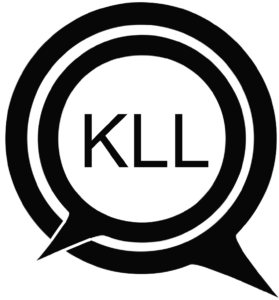Kathmandu Living Labs– a team of young entrepreneurs and out of the box thinkers that change the use and creation of data in Nepal. The team around Nama Budhathoki was launched in 2013 and emerged of a previous Open Data for Resilience Initiative (OpenDRI) program. In the scope of the OpenDRI project, the team has put educational institutions, health facilities, road networks, religious sites and other geographic features of Kathmandu Valley on the map. Apart from that, they sensitized numerous students, government officials, tech organizations and communities, NGOs etc. for OSM. After registering Kathmandu Living Labs as a non-profit civic technology company in 2013, many additional projects followed, e.g. around the collection of OSM data for earthquake preparedness.
These and the previous engagements caused KLL to play a key role during and after the Nepal Earthquake 2015. KLL took the local lead in the Nepal activation of the Humanitarian OpenStreetMap team and connected the government, the digital volunteers and the affected population. Above that, KLL had a crucial role in the National Housing Reconstruction Programme that was launched in the aftermath of the earthquake. These and other projects around fostering collaboration and communication between the local public and government show KLL´s importance for bridging the government and society gap through innovative technology in Nepal and beyond.
GIScience Research Group/HeiGIT and KLL recently signed a Memorandum of Understanding to strengthen their partnership and address the existing science-to-society gap. GIScience/HeiGIT and KLL share a common vision with respect to supporting the creation, analysis, visualization and effective use of OpenStreetMap data in diverse applications, e.g. disaster response, governance as well as economic and sustainable development.
While GIScience/HeiGIT carry out cutting-edge scientific work around OpenStreetMap, KLL can together with HeiGIT translate the scientific outcomes into implementation and bring data, technology and people together. The groups are hereby building on an already established collaboration that emerged over the last years. Previously GIScience/HeiGIT have been supporting KLL through mapathons and the integration of KLL into university courses. The KLL team in turn shared their experience with the university students and researchers in webinars as well as internships of Heidelberg students with KLL.
We are very looking forward to now taking this collaboration to the next level.



